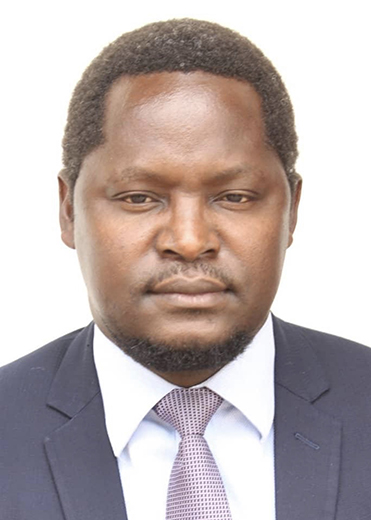Parallel session
From tax data to tax policy: steps to take
The importance of data for tax policy making cannot be overemphasized. Data is crucial to inform tax policy choices, help better understand the impact they have on societies, and assist countries in getting closer to achieving Sustainable Development Goals. It is impossible to assess country’s progress towards reducing inequality without data on wealth and income composition, and information on tax distribution between genders is crucial for understanding the progress towards gender equality.
While data is a powerful tool that can allow developing countries to make independent and well-informed tax policy choices, however, taking full advantage of using data for designing tax policies is not always straightforward.
Video
Panel discussion: From tax data to tax policy: steps to take
 Join the network
Join the network Waziona Ligomeka | Moderator
Waziona Ligomeka | Moderator Tina Kaidu | Panelist
Tina Kaidu | Panelist Ayanda Hlatshwayo | Panelist
Ayanda Hlatshwayo | Panelist Johnstone Makhubu | Panelist
Johnstone Makhubu | Panelist